As a dedicated research institution, Colorado State University is well acquainted with the fact that science knows no boundaries. CSU has a long history of research and scientific study with a diverse group of professionals working in the science, technology, engineering and mathematics fields.
However, LGBTQIA+ individuals are roughly 20% less represented in the STEM fields than statistically expected. Representation and visibility of diverse identities in the STEM fields have improved over the years, but there is still work to be done.
The LGBTQIA+ professionals in STEM fields at CSU are an active part of that effort, and their experiences help shape the progress being made on campus.
“Not everybody will pursue the academic path or the grad school or Ph.D. path, but no matter what path you choose, there are people who are like you who have accomplished success.” -German Parada, senior instructor and assistant professor of practice in the department of chemical and biological engineering
Kayleigh Keller is an assistant professor in the statistics department who identifies as transgender. She highlighted being able to work with students and contribute toward reputation in STEM.
“I think for me, I didn’t really have any queer mentors in my academic career, and that’s something that I think has been a challenge for me,” Keller said. “One of my personal goals is to help where I can to foster and encourage that kind of community so that people can have mentors or feel like they can belong in STEM in a way that I didn’t for a long time.”
Bringing understanding of different backgrounds in the lab has been a key part of teaching, said German Parada, a senior instructor and assistant professor of practice in the department of chemical and biological engineering who identifies as gay.
“Part of our work in our class is to work in teams to kind of teach students that kind of dynamic,” Parada said. “To teach that, this is what’s going to happen: You’re going to be around diversity, so you have to learn how to work together. You have to recognize that all of us are different, but we all have the same goals.”
Currently, Parada teaches a senior-level undergraduate lab that is focused on applying theoretical concepts to practical work with research equipment.
“My hope as I work here is that students can also see me as a resource and see that somebody with the identities that I have can still achieve what they want,” Parada said. “Not everybody will pursue the academic path or the grad school or Ph.D. path, but no matter what path you choose, there are people who are like you who have accomplished success.”
Molly Gutilla, an associate professor in the Colorado School of Public Health, echoed this sentiment, highlighting the importance of visibility.
“Visibility in any kind of leadership — whether it’s in science or politics or anything — is so important,” Gutilla said. “I think it lets others see people for who they are, and it lets people also see potential future versions of themselves.”
Gutilla is an epidemiologist, which means she studies patterns and causes of diseases and injuries in public health. Gutilla identifies as a lesbian, and though she is publicly out as a member of the LGBTQIA+ community now, she said she purposely kept her identity private when she began her career.
“In science, I think you want your work to be good and respected and make a difference,” Gutilla said. “I think there was a fear for me that being out, people would pay attention more to that identity of mine than my work.”
It was a survival tactic, Gutilla said, but as she progressed in her career, her perspective changed.
“Later in my career and in school, I thought more and understood more about the value of bringing your whole self to work,” Gutilla said. “To me, there’s really some important modeling that I’m really committed to doing. I want to kind of be the scientist that I wish I would have seen when I was a student.”
Finding a community was touched on by many LGBTQIA+ professionals on campus, including Andee Kaplan, an assistant professor in the department of statistics.
“In this department, we have multiple out, LGBTQ, wonderful people, and we can talk about anything,” Kaplan said. “I feel like statistics — at least the slice of statistics that I’ve found — is a very open and welcoming community. I feel like I’ve found my people here.”
This concept of finding community was also highlighted as an important part of progress in the STEM fields, and many LGBTQIA+ professionals said that community is the most important thing you can have.
“To anyone who is thinking about being a scientist, my No. 1 piece of advice is to find your people to support you in growing yourself,” Gutilla said. “They’re out there, and I think that queer-identifying scientists want to help other queer-identifying scientists or any kind of marginalized identities. Know that we’re out here, we want to be helpful and we want to create an inclusive culture for scientists, and I want to work together to do it.”
Reach Hannah Parcells at science@collegian.com or on Twitter @hannahparcells.



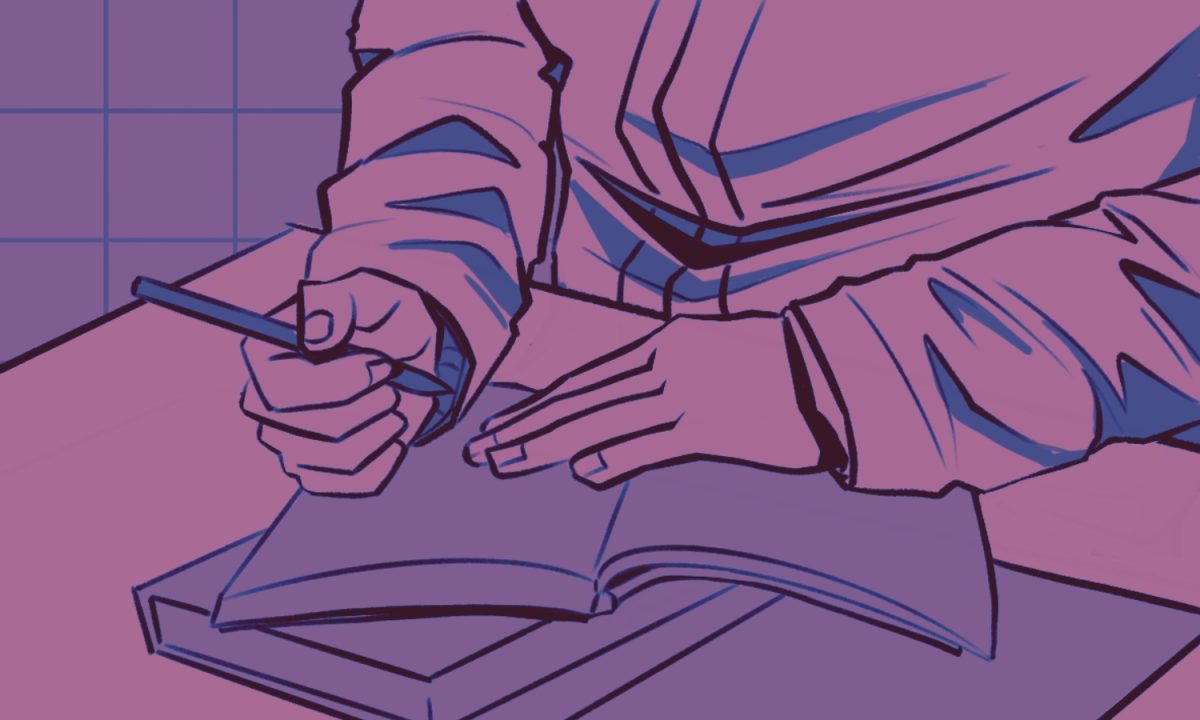
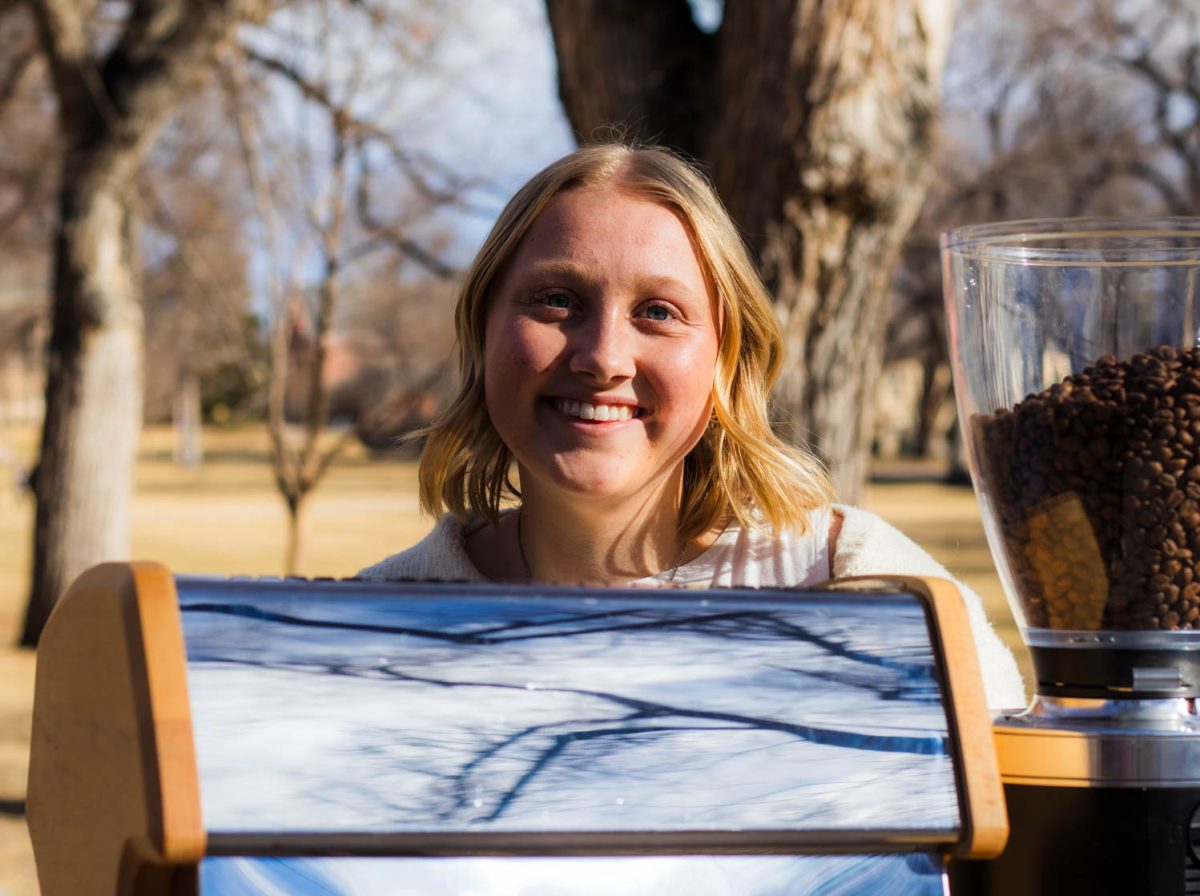
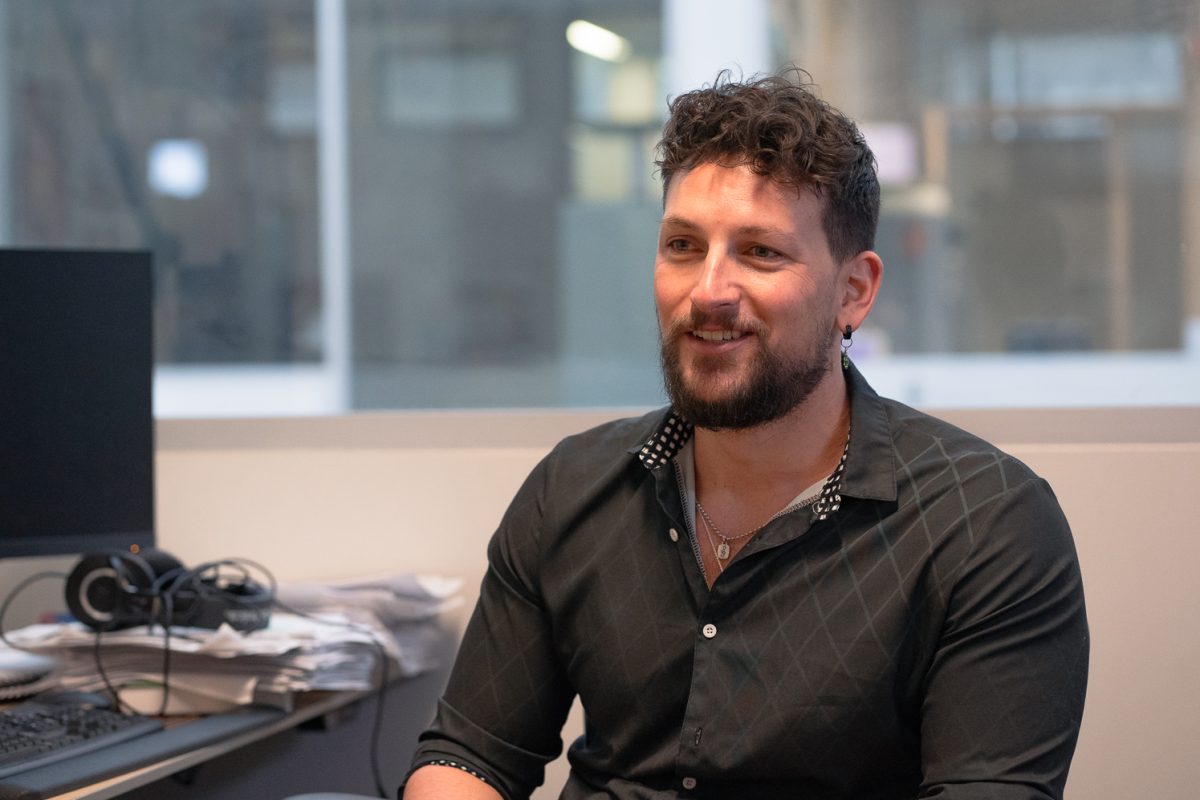
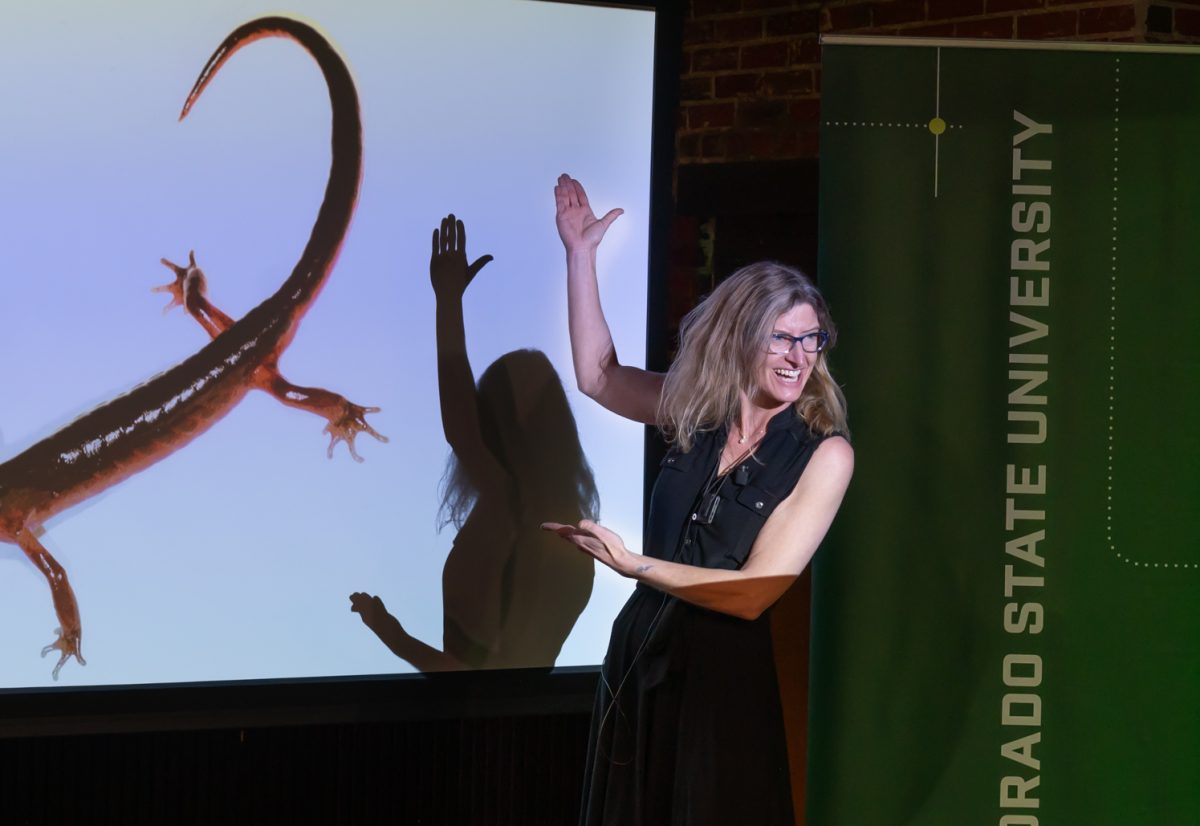


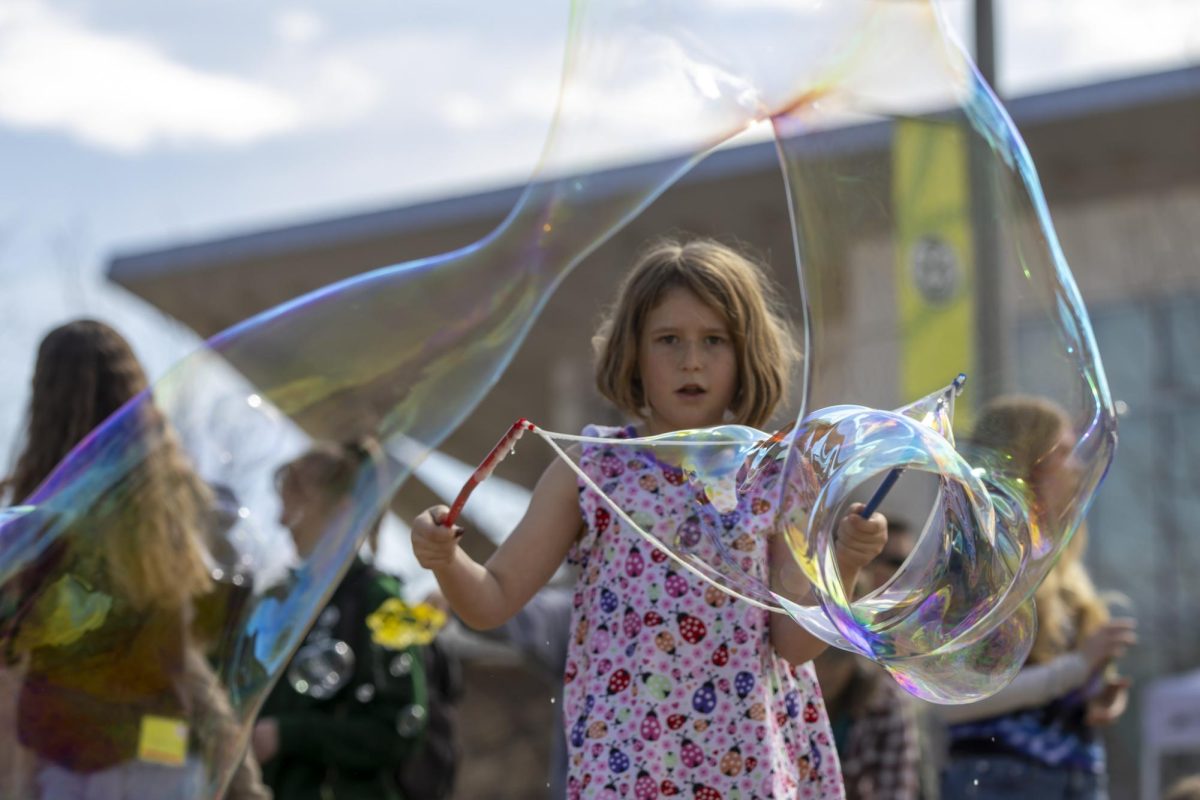




Zero The Clock • Nov 29, 2023 at 9:26 am
Visibility In Leadership In Business, Science, Politics, Religion Or Culture Has Irrevocable Boundaries And Progressive Goals That Must Be Authentically Respected, Acknowledged And Dignified To Be At Any Sense Of Equal.
Narcissism Traits Stands Between One Capacity To Bridge Common Ground.